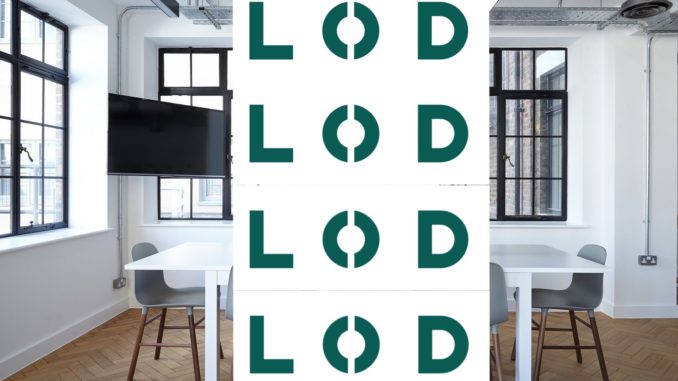
A survey by LOD (Lawyers on Demand) of 383 inhouse legal and compliance professionals from over 250 companies found that 59% believed the Covid-19 crisis has increased their workload, despite the economic slowdown and drop in business activity across many sectors.
Of this group, 65% said they were finding it difficult to ‘predict how long their workload will remain at this elevated level’.
And that perhaps is good news for some advisory-focused Legal Services Businesses (LSBs) at least, given that when demands on inhouse teams become extreme they often increase their reliance on external support.
That said, this elevated workload is not going to be sustainable, especially if inhouse teams have to do more with less resources due to economic pressures. Although, better use of technology could perhaps help here as well….
The survey also found that since the crisis:
- 33% believe they have shifted to a ‘trusted adviser’ role, with a focus on revenue and helping their business to pivot. Organisations have witnessed the value of ‘calm, legal thinking’ and how it can help in more than just legal problems.
- 83% believe that initiatives implemented in response to COVID-19 will become permanent. The most common being:
- More regular communication with key colleagues (65%).
- Stronger focus on the wellbeing of team members (65%).
- Greater prioritisation of work, enabling teams to focus on more strategic matters, including through the use of technology (60%).
- 65% have a better appreciation of the importance of communication and team management.
- Also, the survey found that 60% transitioned smoothly to remote working, with only 12% experiencing challenges in this regard.
Tom Hartley, LOD CEO, commented: ‘Without downplaying the severity of the pandemic on our personal and professional lives, the findings of our survey confirm our belief that the best corporate legal teams will improve through this crisis. We must embrace some of the more sustainable and efficient work practices that were made in the crucible of coronavirus.’
2 Trackbacks / Pingbacks
Comments are closed.